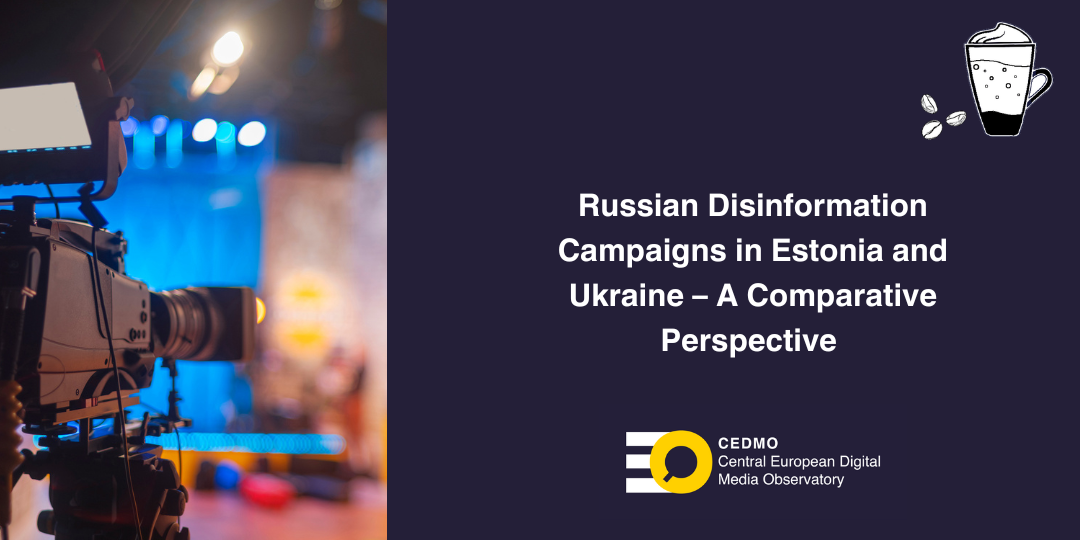
Nowadays few notions occupy more space within the public sphere than disinformation. Overinflated securitization by governments, increased academic scrutiny, and ubiquitous civil society presence guarantee that it is here to stay. Although not exclusively associated with Russia, its state apparatus has made significant efforts to refine and advance methods for spreading disinformation. This can be best seen by inclusion of information operations in all the major strategic documents. Following study by Luka Nikolić looks at Russian disinformation campaigns conducted in Estonia and Ukraine using a comparative perspective. How has Russian influence shaped these two nations? How did they react and what can we learn from the current situation?
You can read the full analysis in the latest Latte text.
